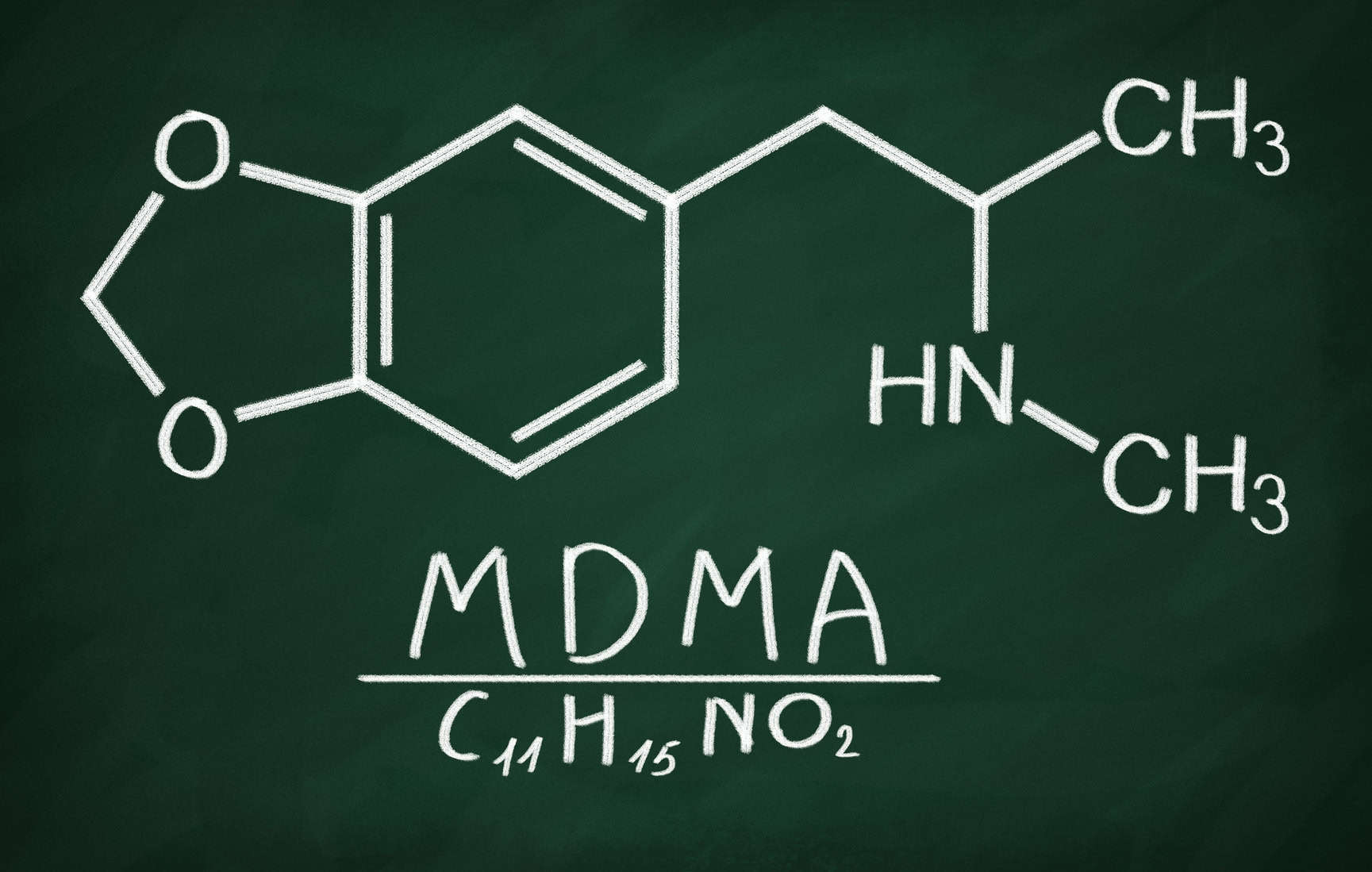Harm Reduction Tips from the Experts
Posted on April 10, 2020
by Thaddeus Camlin, PsyD
Leading harm-reduction experts, April Smith and Kenneth Anderson, recently released an article outlining harm-reduction tips for safer drinking amidst shelter-in-place restrictions. Many are choosing to abstain entirely, others, not so much. Many, many industries are hit hard by the societal shutdowns, however, the adult beverage industry is not one of them. Alcohol sales are up, way up, during the COVID-19 crisis. Nothing like heroic doses of uncertainty and boredom to drive one to drink! For those who may be struggling to adhere to their drinking goals, Smith & Anderson offer tips to help maximize drinking safety.
Lack of structure is one of the biggest challenges many people face in the era of shelter-in-place. With external structure no longe...
full story










